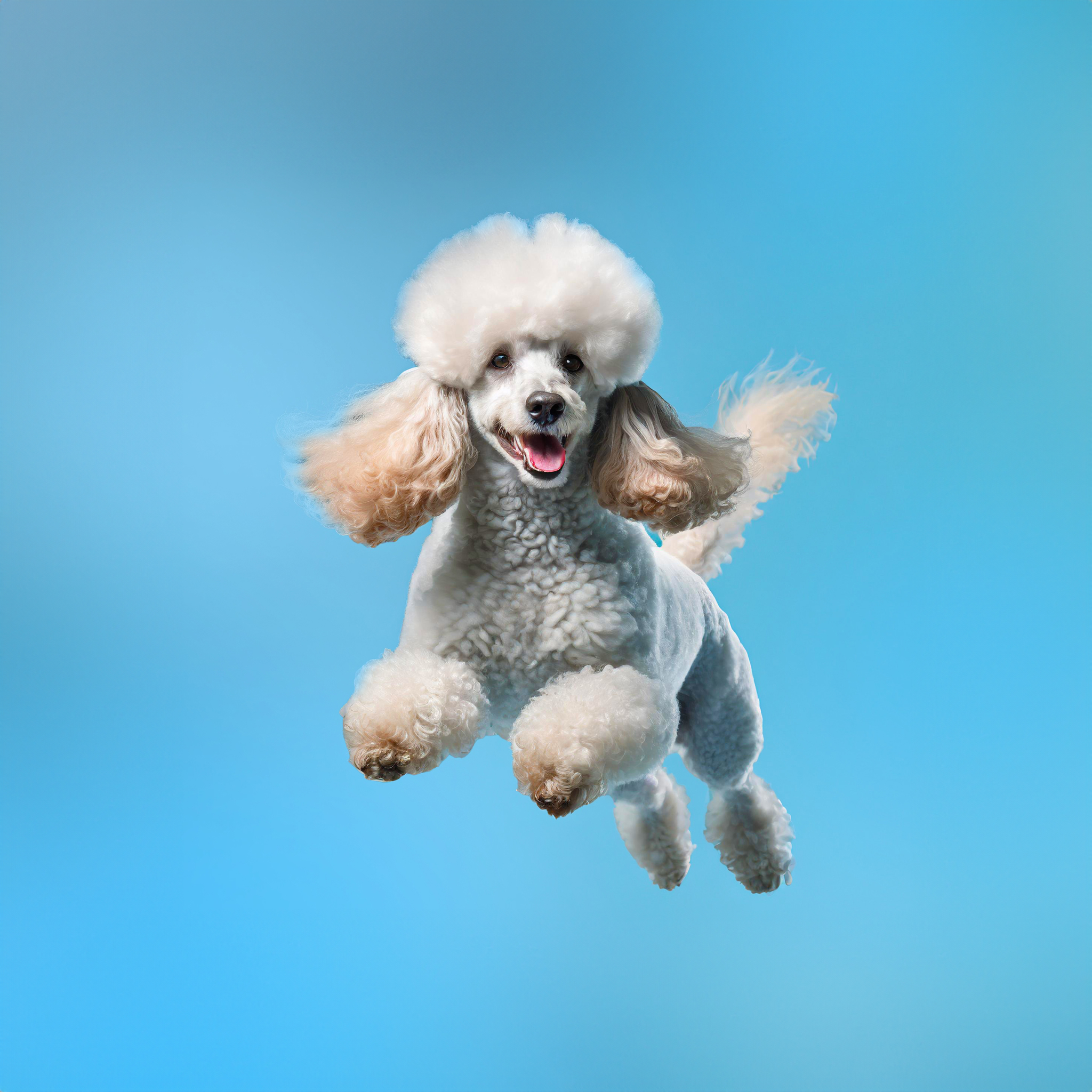Hip Dysplasia
Hip dysplasia refers to partial or complete loss of the hip joint. Hip dysplasia can cause bone wear and tear and pain associated with this process. Most companion animals have hip dysplasia from birth. If hip dysplasia is diagnosed at an early stage, you can easily correct the problem. In other cases, surgery may be needed to reposition the bones.
Although genetics play an important role in the development of this disease, maintaining a healthy weight can help reduce stress on the joints. Daily walking and swimming will help to form the muscles around the pelvis and maintain their strength.
Bloating
Bloating is a harmless problem for humans, however, the condition can be fatal in dogs. To prevent this problem, it is important to pay attention to such symptoms as vomiting, a full stomach, or excessive salivation. As soon as any symptoms appear, it is advisable to contact your veterinarian immediately.
To prevent bloat, divide your faithful companion’s daily ration into at least two meals. To avoid bloat caused by rapid swallowing, competent parents often prefer special cups with a raised center. You can buy them at any pet store near your home.
Addison’s Disease
Addison’s disease occurs when the adrenal glands fail to produce enough cortisol. In some cases, Addison’s disease progresses imperceptibly, although its typical symptoms often include loss of appetite, irritability, and body hair loss. To manage disease-related symptoms and maintain quality of life, veterinarians often use hormone therapy.
Retinal Atrophy
Retinal atrophy is a degenerative eye disease. The mentioned disease is passed on to companion animals by inheritance. Before purchasing an important family member, carefully research his genetics and make sure that your little friend does not have a genetic predisposition to vision problems. Remember, regular eye examinations and a diet rich in vitamins will help maintain the health of the retina.
Hereditary Cataract
Cataract is an eye disease that causes clouding of the lens of a companion animal’s eye. At this time, the crystal, which is transparent in a healthy eye, acquires a grayish or milky color, which causes a significant deterioration of vision. Congenital cataracts are usually caused by an infectious disease or birth trauma acquired during the mother’s pregnancy. Although congenital diseases are often beyond our control, a diet rich in vitamins C and E can greatly contribute to the eye health of an important member of our family.
As a competent parent, remember that regular veterinary check-ups and protecting the eyes from the harmful effects of the sun are prerequisites for effective disease management.
Dry Eye
Dry eye is a condition where the lacrimal gland cannot produce enough tears. Dry eyes cause discomfort, inflammation, and damage to the cornea. To avoid this problem, veterinarians often recommend the use of artificial tears. However, in certain cases, surgical intervention may be necessary to improve tear drainage.

